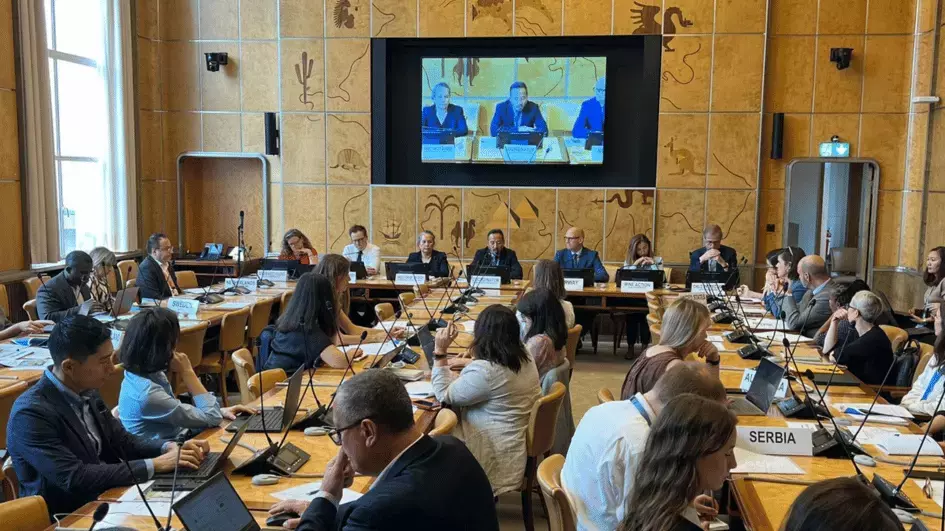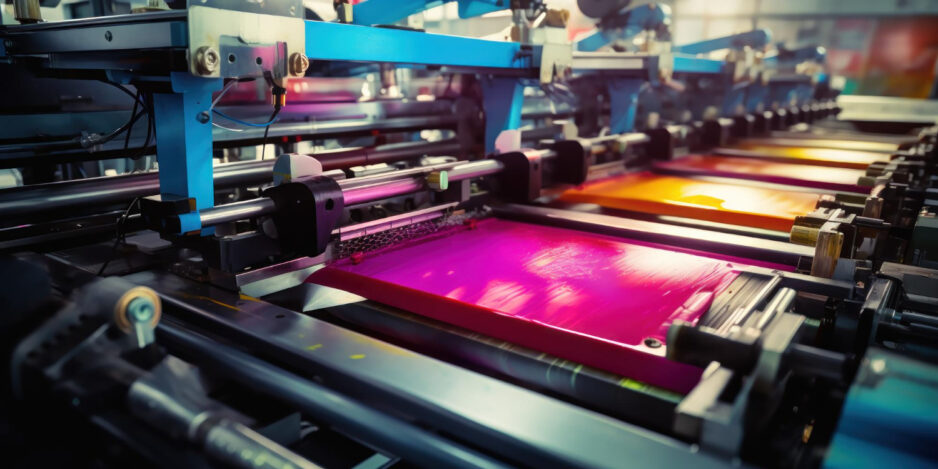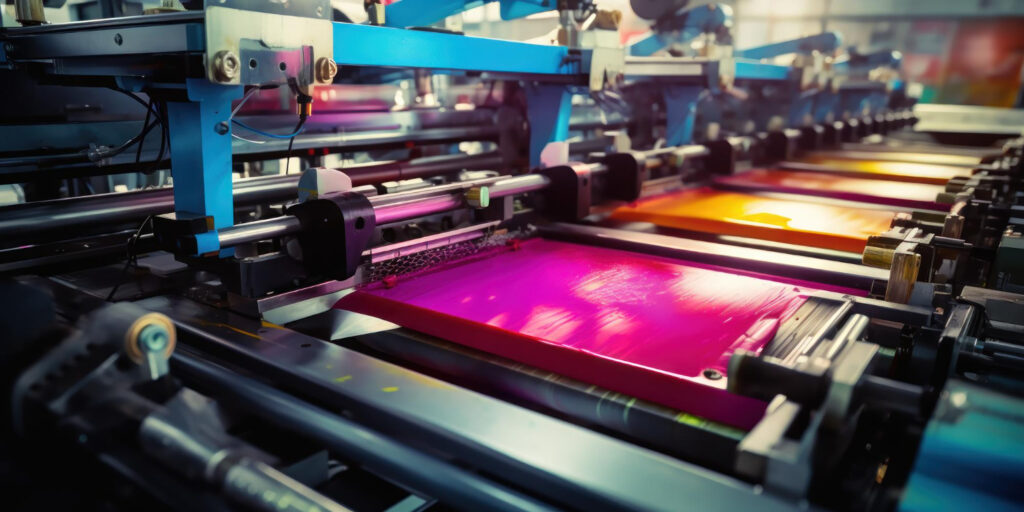The winds of technological change are blowing stronger than ever in the world of supply chain transformation. It’s becoming increasingly clear that purpose-built intelligent applications are shaping the future of supply chain technology, particularly in the area of supply chain data management.

Over the past three years, purpose-built intelligent applications have gathered numerous insights, serving as the glue that addresses specific issues by integrating disparate systems like ERP, EAM, and P2P. Crucially, by eliminating the necessity for impeccably organized MRO data, intelligent “systems of routine” facilitate optimization and foster collaboration among internal teams and external suppliers.
This trend of data integration repeats a bit of a significant phase in the ERP industry during the late 1990s. At that time, well-funded “middleware” companies such as Active Software, BEA Systems, and WebLogic drove the eBusiness movement, revolutionizing enterprise application and service-oriented architecture (SOA) by acting as central brokers, combining data from various applications and data types into a unified system.
In the modern supply chain landscape, new software engines powered by GenAI, deep learning, and natural language processing (NLP) have the capacity to handle significantly larger datasets compared to earlier machine learning iterations. These advanced applications can analyze complex variables, including MRO inventory and spending data, far quicker. They can help build data connections between different ERP software platforms, enabling efficient management of day-to-day operations and procurement needs.
By removing the prerequisite of “clean” data, these intelligent “systems of routine” empower enterprise manufacturers to use their existing MRO data, accelerating value creation. Consequently, this will help drive the generation of demand signals and enhances optimization across supplier networks.
How can Purpose-Built Technology Benefit Supply Chain Sustainability Data Management?
The expectation for companies to embrace sustainability has evolved from a mere preference to a societal imperative. This paradigm shift necessitates businesses to realign their operations accordingly, with particular emphasis on supply chain management.
Navigating this transition poses several challenges for organizations, including the integration of diverse data sources and the complexity of multi-tiered supply networks. Maintaining data accuracy, integrity, and accessibility further compounds these challenges.
While businesses often turn to their existing technological infrastructure to address these issues, they soon realize its limitations in managing the intricacies of sustainability data effectively.

Purpose-built technology solutions offer a tailored approach to address these challenges, facilitating improved processes, security, and efficiency. These solutions enable businesses to:
- Utilize versatile data collection methods adaptable to different technological capabilities and input preferences of suppliers.
- Implement consistent and recurring data collection processes to minimize information gaps and reinforce procedural standards.
- Provide user-friendly interfaces for external stakeholders, simplifying the adoption process and enhancing collaboration.
- Automate calculations and unit conversions to ensure accuracy and streamline reporting procedures.
- Enhance assurance facilitation and auditing efficiency by improving data consistency and collaboration.
Offer comprehensive data visualization and reporting functionalities to identify trends and opportunities across the supply chain.
Resilience and Agility
Purpose-built solutions serve as a vital tool that enrich and standardize procurement and operations data across systems.
Ensuring that all parties are working from the same trusted and consistent data source eliminates the need for costly traditional data cleansing.
This is critical because the more business is automated, the more we rely on the data that drives it all. Mistakes may arise in MRO inventory if data is incomplete or if your team enters MRO material information under different names.
If you’re a manufacturer with indirect and MRO inventory, you know how bad or incomplete MRO data can lead to inventory discrepancies that result in material overages or critical shortages.
The way to get around that is in purpose-built intelligent AI applications.
Companies need to adapt quickly with greater visibility and traceability to manage risk.
The future of the supply chain lies in technological advancement. It’s time for your organization to enhance your existing technology stack with purpose-built intelligent solutions to drive better outcomes in your supply chain operations.
For more information, please contact:
Karlheinz ZUERL – CEO of GTEC (German Technology & Engineering Cooperation)
E-Mail: [email protected]
Mobile: + 86 13482438080
Experts in the Automotive Industry Asia
You need one, but don`t want to hire one permanently?
Our solution: To rent our experts
- On pay-to-use basis
- Completely flexible
- Contract can be cancelled any time
Clearly represented reports and dashboards inclusive!








